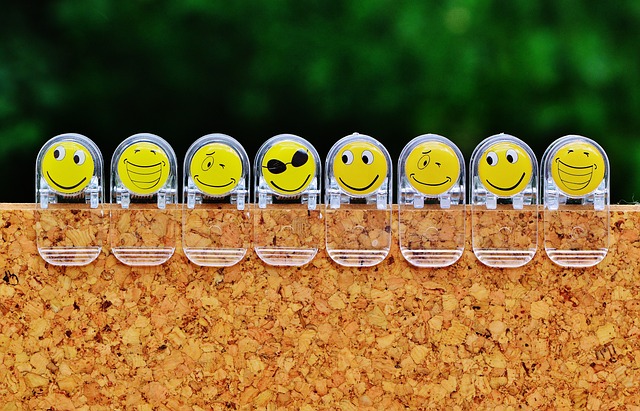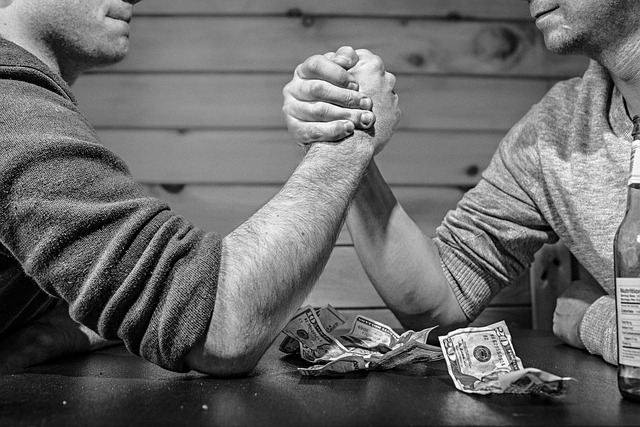The Labels That Try to Define Us
From the moment we enter the world, society begins assigning us labels. They come in many forms—introvert, extrovert, smart, lazy, difficult, agreeable, creative, analytical. These labels are often given by parents, teachers, peers, and even ourselves. Some seem harmless, others confining, but all carry weight. Society thrives on categorization, making it easier to predict behavior, enforce norms, and maintain a sense of order. But what happens when these labels become cages? What if the way people have always known us is no longer who we are—or who we want to be?
Why Society Benefits From Keeping You the Same
Labels make people comfortable. They provide a shortcut to understanding others without having to do the deep work of truly seeing them. If you’ve always been the ‘quiet one,’ it reassures others when you stay that way. If you’ve always been the ‘responsible one,’ they expect you to bear the weight of stability. These labels serve the world more than they serve you. They help employers decide your worth, friends and family establish expectations, and social structures maintain a predictable rhythm. But predictability isn’t growth. It isn’t transformation. And it certainly isn’t freedom.
The Danger of Staying Trapped
Living within the constraints of old labels creates a quiet kind of suffering. The ‘strong’ one never gets to fall apart. The ‘funny’ one hides their sadness. The ‘troublemaker’ struggles to be seen as responsible. These expectations can stunt emotional growth and force you into roles that feel suffocating. Worse, when you start to outgrow these labels, people resist. They say things like, “That’s not like you,” or “You’ve changed.” And isn’t that the point? To change? To evolve? To become more than what you were told you had to be?
Fear of disappointing others can keep you stuck in a version of yourself that no longer fits. But the real danger isn’t in change—it’s in never allowing yourself to become who you truly are.
How to Heal and Redefine Yourself
Healing from the weight of societal labels starts with self-permission. You have to allow yourself to break free. You don’t need to justify your transformation to anyone. People may not understand, and they don’t have to. Their comfort is not your responsibility.
Start by recognizing which labels have been placed on you and question their truth. Were you really ‘difficult’ as a child, or were you just setting boundaries? Are you truly ‘not creative,’ or were you discouraged from exploring your talents? By challenging these labels, you reclaim the power to define yourself.
Give yourself room to explore new versions of who you are without shame. Step into spaces that feel unfamiliar. Speak up if you’ve always been silent. Rest if you’ve always been the overachiever. Allow contradictions to exist within you. Growth isn’t linear, and reinvention isn’t a betrayal of who you once were—it’s an expansion.
The Freedom of Becoming More
When you let go of the labels others have given you, you gain something priceless: authenticity. You become aligned with your own desires, rather than the expectations of others. This is where true self-love exists—not in being what makes others comfortable, but in embracing your wholeness.
The world will always try to pull you back into the version of yourself they recognize. But your growth isn’t for them. It’s for you. Society may never allow you to become more than what they’ve always known, but you must allow yourself. Because the only person who can truly define you—is you.













